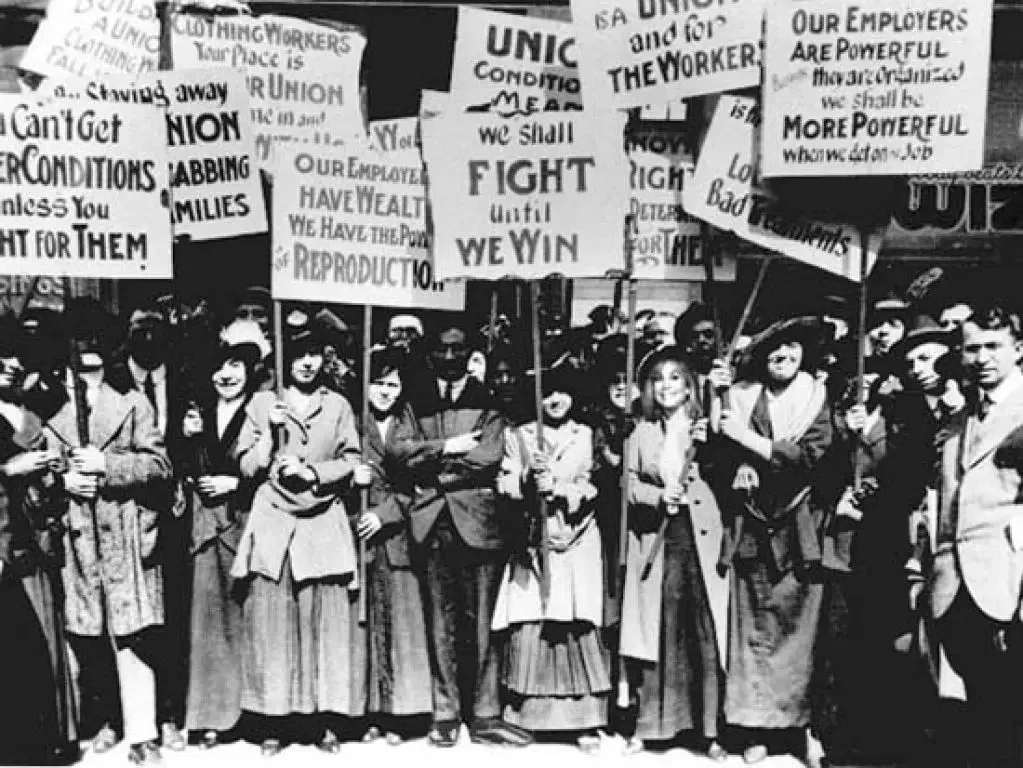Labor Day Reflections: Real Self-Care Is Built, Not Bought
September 2, 2025
Honoring the legacy of labor while reclaiming the difference between self-indulgence and sustainable care
On this Labor Day, we pause to honor the workers, organizers, and activists who made rest a right—not a luxury. The weekend? Labor unions. Minimum wage? Labor unions. Safety regulations, parental leave, sick time? Fought for—and still being fought for—by everyday people standing together.
Rest didn’t trickle down from the top. It was demanded.
But in today’s culture, “rest” and “care” have been blurred by wellness marketing and hustle fatigue. As Tori Dunlap writes in Financial Feminist (2022), self-care has been hijacked by capitalism and repackaged as something we should buy—bath bombs, scented candles, curated “morning routines”—instead of something we build.
When self-care becomes a consumer product, we risk treating burnout with band-aids instead of systems change.
Self-Indulgence
Short-term soothing, often helpful in moderation—but not always aligned with long-term well-being.
🍿 Zoning out with TV to escape
🛒 Online shopping binges
📱 Mindless scrolling on social media
🍫 Sugar hits and comfort snacking
💳 “Retail therapy” that creates more stress later
😴 Staying in bed to avoid rather than rest
Self-Care
Sustainable actions that support your future self—even when they’re not glamorous.
🚪 Saying no to protect your energy
🧠 Going to therapy, even when it’s uncomfortable
🏃 Moving your body in ways that feel grounding
🛏️ Prioritizing sleep and a real bedtime
🍲 Cooking for future-you, not just present-you
📅 Scheduling doctor appointments, budgeting, planning ahead
🧹 Clearing physical or emotional clutter
🤝 Asking for help when you need it
🔥 Leaving relationships that drain you
These are acts of real care. They don’t always feel good in the moment—but they build resilience, sustainability, and emotional health over time.
In Acceptance and Commitment Therapy (ACT), this is what we call values-based living: taking meaningful action aligned with your long-term goals and the kind of person you want to be—even when it’s hard.
What the Research Says
Psychological science makes this distinction clear:
Self-soothing behaviors can reduce distress in the moment—but they don’t create lasting change.
Long-term mental health is strongly associated with psychological flexibility, self-regulation, and mastery experiences—factors that support growth, purpose, and resilience (Hofmann et al., 2010; Kashdan & Rottenberg, 2010).
In short: the small, steady actions that align with your values matter more than the occasional comfort purchase or curated ritual.
Labor Teaches Us This, Too
The labor movement is a masterclass in this kind of long-haul care. It wasn’t built on instant gratification—it was built on organizing, structure, and collective vision.
What if we approached self-care the same way?
Not as a product to consume, but a life to build.
Not as a solo escape, but a way of showing up—for ourselves and each other.
Try This, Ask yourself today:
Is this helping me soothe a wound—or build a life?
Is this comfort or care? Escape or engagement?
There’s space for both. A full life includes both softness and structure. But naming the difference lets you choose with clarity.
To the workers, the caretakers, the boundary-setters, the nap-takers, the organizers, the therapists, and the ones fighting for better systems—thank you.
Let’s care for ourselves the way labor organizers cared for their people: with vision, intention, and a future in mind.
Resources for the Curious
📖 Book – Dunlap, T. (2022). Financial feminist: Overcome the patriarchy’s bullsht to master your money and build a life you love.* Dey Street Books.
📖 Book – Hersey, T. (2022). Rest is resistance: A manifesto. Little, Brown Spark.
📄 Research –
Hofmann, S. G., Sawyer, A. T., Witt, A. A., & Oh, D. (2010). The effect of mindfulness-based therapy on anxiety and depression: A meta-analytic review. Journal of Consulting and Clinical Psychology, 78(2), 169–183. https://doi.org/10.1037/a0018555
Kashdan, T. B., & Rottenberg, J. (2010). Psychological flexibility as a fundamental aspect of health. Clinical Psychology Review, 30(7), 865–878. https://doi.org/10.1016/j.cpr.2010.03.001
📄 More Learning – National Archives: History of Labor Day
